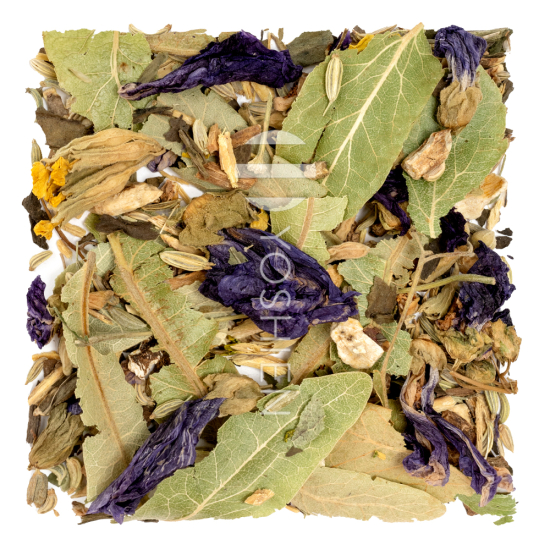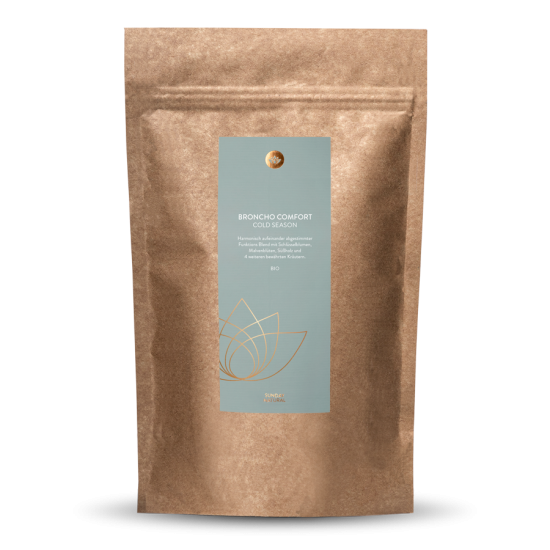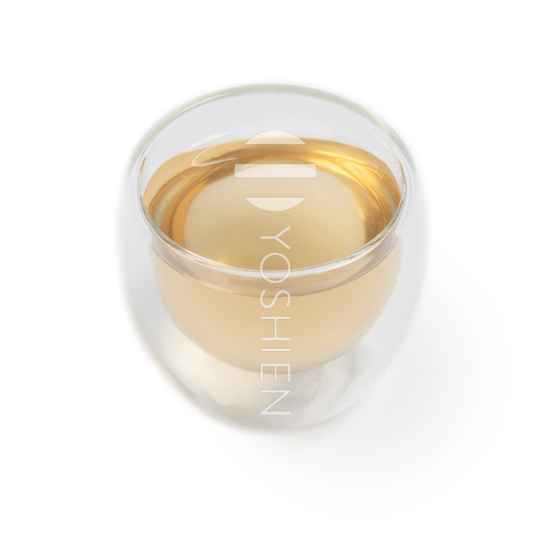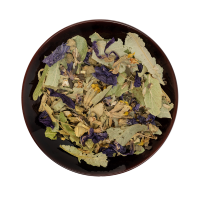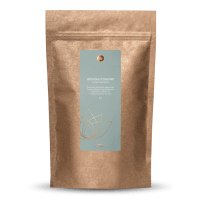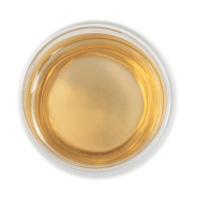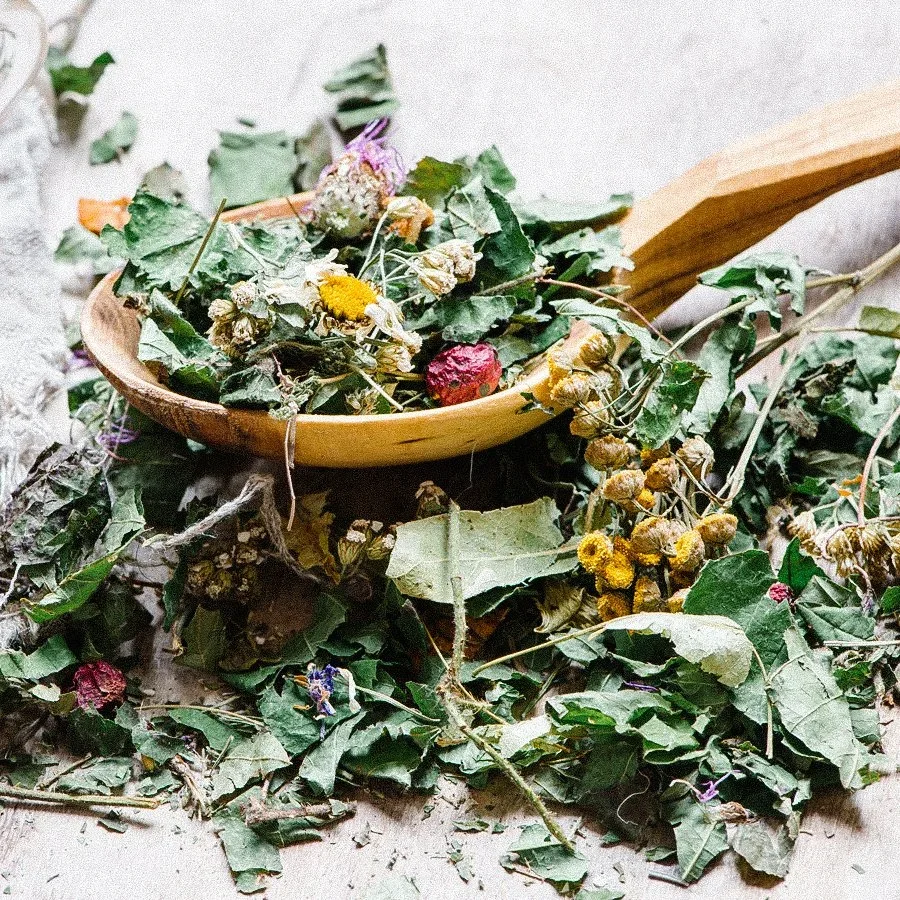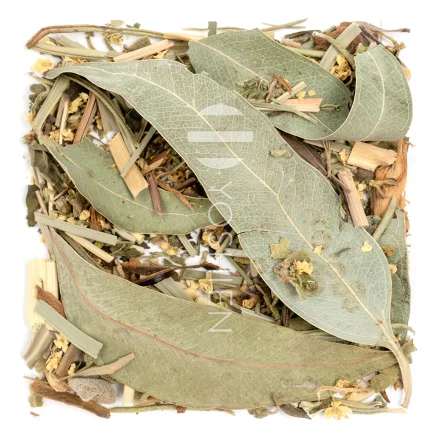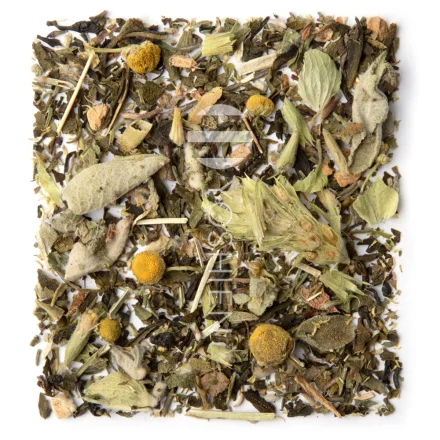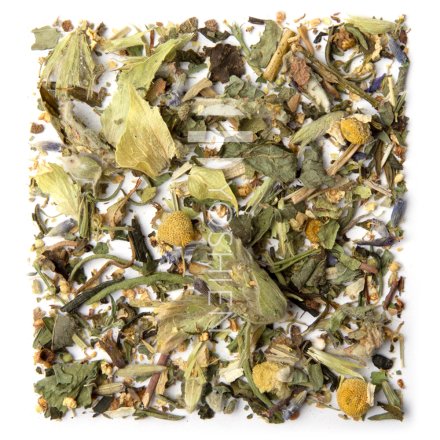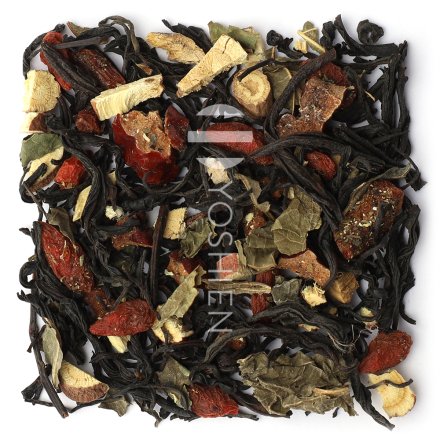Fennel Seed
Fennel (Foeniculum vulgare) is one of the oldest herbs in continuous use worldwide. Its origins can be traced back to around 3000 BC in Mesopotamia, where it was cherished for its numerous health benefits. The ancient civilisations of Egypt, Greece and Rome also recognised and appreciated the remarkable value of fennel.
Liquorice
The liquorice root (Glycyrrhiza glabra) has been with humanity for a long time. In ancient Egypt, liquorice had already been consumed as a tea drink, and in ancient Rome there were the first liquorice sticks. Liquorice was also popular in the Middle Ages; Napoleon Bonnaparte is said to have always carried liquorice with him. Native to Western Asia and the Mediterranean, this perennial plant can grow up to 150 cm high. Only the fresh roots are harvested in autumn.
Elecampane
Elecampane (Inula helenium L.) is a striking plant with vibrant yellow flowers. While it originates in Anatolia, today it is successfully cultivated in Spain, the Netherlands and the Balkans. Throughout history, the aromatic root of elecampane has found versatile uses in the culinary world and as an incense.
Lime Blossom
The lime tree (Tilia platyphyllos Scop.) or more precisely the large-leaved lime tree is a preferred herb of traditional herbalism. It is a "true European" and can live up to 1000 years, although it is rarely found in the wild. The inflorescences hang in umbels and appear at the summer solstice between June and July. While the leaves of the large-leaved lime tree are up to 15 cm in size, those of the small-leaved lime tree are relatively small at around 5 cm. Its trees grow up to 40m high and are very popular with bees.
Mallow
The wild mallow (Malva sylvestris) reaches a height of 40 to 100 centimetres and has a hairy, branched stem. The five- to seven-lobed leaves are hairy on both sides and have strongly toothed margins. The flowers are in clusters in the leaf axils and are pink to purple in colour. The mallow belongs to the mallow family (Malvaceae) and flowers from May to September. It is native to Europe and the Near East. The plant thrives on roadsides, fields and wasteland.
Cowslip
In ancient times, the cowslip (Primula veris) was found only north of the Alps and is found at up to 2200m above sea level. The Celts and Germanic tribes held this beautiful herald of spring in high esteem and it was already described in medieval plant books. According to legend, it can be used to "unlock the heavens".
Ribwort
Ribwort (Plantago lanceolata) is indigenous to Eurasia and North Africa. In the Alps it grows at altitudes of up to 1700m and is found on the edges of footpaths, rich meadows and parks, often in the vicinity of people.
Ribwort plantain was already included in European herbalism in ancient times. The Germanic and Nordic peoples called the ribwort plantain Läkeblad ("medicinal leaf"), the Greeks called it Arnoglosson ("lamb's tongue") and the Romans "Plantago minor".



